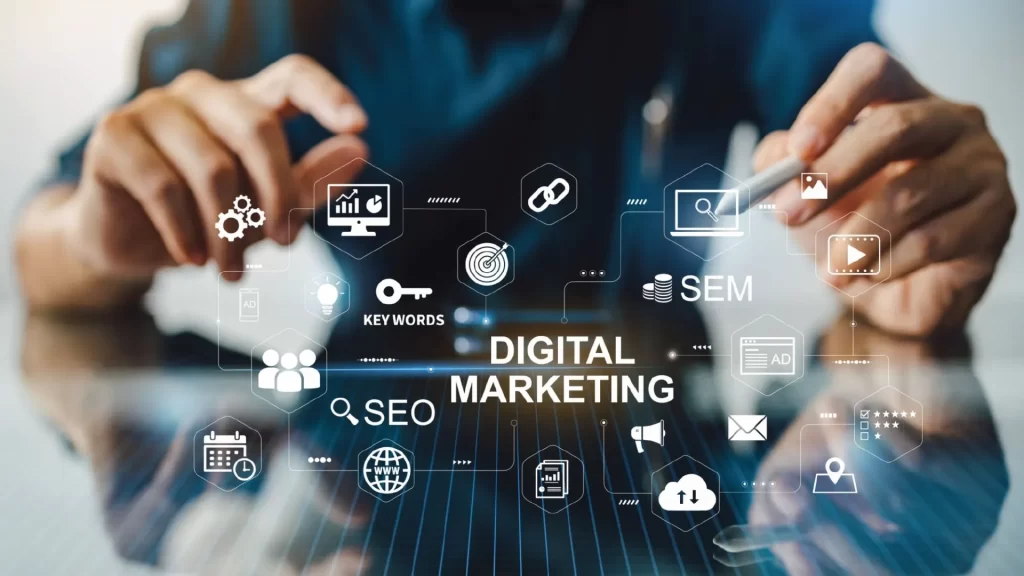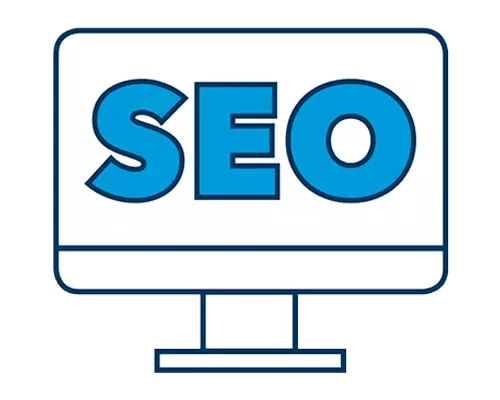In today’s fast-paced digital age, the term “digital marketing” has become increasingly prominent.
But what exactly is digital marketing, and how does it differ from traditional marketing methods?
This comprehensive guide seeks to demystify the world of digital marketing and provide insights into the strategies and tools that drive it.
Defining Digital Marketing:
At its core, digital marketing encompasses all marketing efforts that utilize electronic devices and the internet to connect with current and potential customers.
It is a multifaceted approach that leverages various digital channels and platforms to promote products, services, or brands.
Key Components of Digital Marketing:
- Search Engine Optimization (SEO): SEO is the practice of optimizing a website to rank higher in search engine results pages (SERPs). The goal is to increase organic (non-paid) visibility and drive more traffic to a website.
- Content Marketing: Content marketing involves creating and distributing valuable, relevant, and consistent content to attract and engage a target audience. This content can take the form of blog posts, articles, videos, infographics, and more.
- Social Media Marketing: Social media platforms are powerful tools for reaching and engaging with audiences. Social media marketing involves creating and sharing content on these platforms to increase brand awareness, drive traffic, and foster engagement.
- Email Marketing: Email marketing is the process of sending targeted emails to a list of subscribers or potential customers. It is an effective way to nurture leads, provide valuable content, and promote products or services.
- Pay-Per-Click Advertising (PPC): PPC advertising allows advertisers to display ads on platforms like Google Ads or social media networks. Advertisers pay a fee each time a user clicks on their ad, making it a cost-effective way to drive traffic and conversions.
- Affiliate Marketing: In affiliate marketing, businesses reward affiliates for bringing customers through the affiliate’s marketing efforts. This is a performance-based approach in which affiliates earn a commission for successful referrals.
- Influencer Marketing: Influencer marketing leverages the popularity and authority of individuals or “influencers” in a specific niche to promote products or services. Collaborating with influencers can expand your reach and credibility.
- Analytics and Data Analysis: Data-driven decision-making is integral to digital marketing. Marketers use analytics tools to track and measure the success of campaigns, making adjustments to optimize results.
Advantages of Digital Marketing:
- Cost-Effective: Digital marketing is often more cost-effective than traditional advertising methods, making it accessible to businesses of all sizes.
- Targeted Audiences: Digital marketing allows for precise audience targeting, ensuring your message reaches the right people at the right time.
- Measurable Results: With analytics and tracking tools, you can measure the effectiveness of your campaigns and make data-driven improvements.
- Global Reach: Digital marketing has the potential to reach a global audience, breaking down geographical barriers.
- Interactivity: Engaging content and interactive features can create a two-way conversation between businesses and customers.
- Continuous Engagement: Digital marketing enables ongoing communication with your audience, fostering brand loyalty and customer retention.
Conclusion
In conclusion, digital marketing is a dynamic and ever-evolving field that empowers businesses to connect with their target audiences in the digital landscape.
Its wide range of strategies and tools makes it a versatile and effective approach for businesses looking to thrive in the digital age.
Whether you’re a small startup or a multinational corporation, digital marketing offers opportunities to reach, engage, and convert your audience in ways that traditional marketing simply cannot match.

















